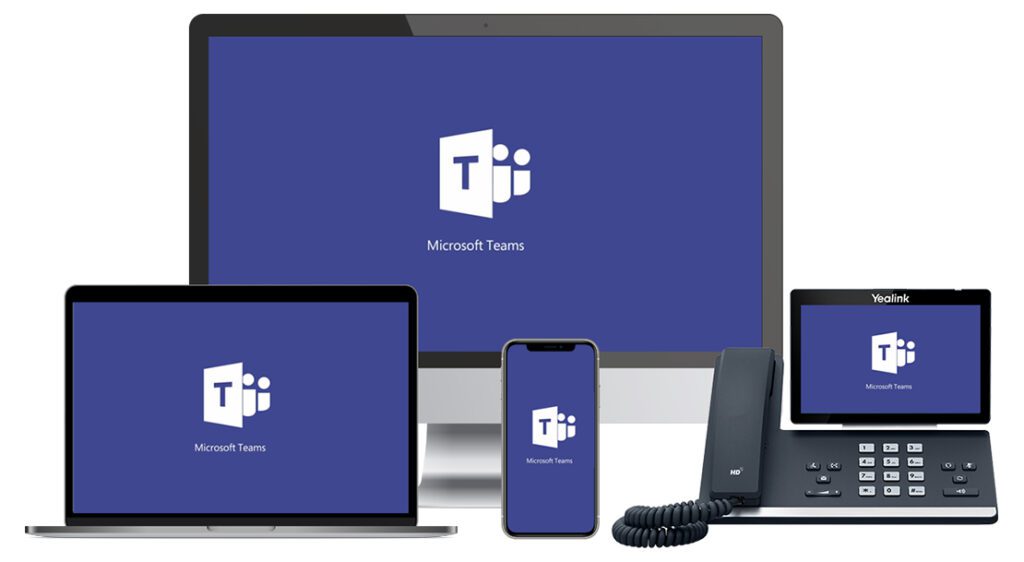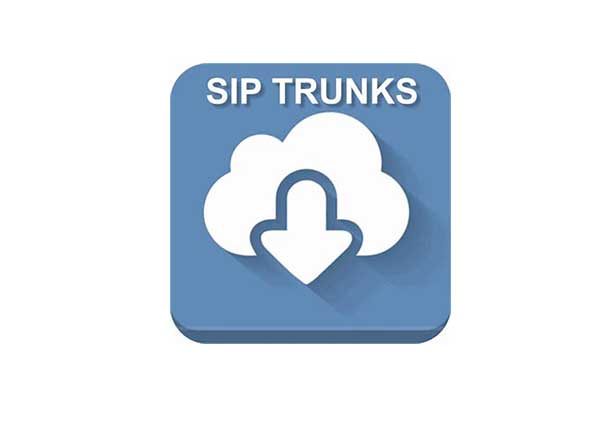Telephony
Active Communications can provide a number of telephony solutions from Microsoft Teams direct routing, sip trunks to a hosted PBX solution

Microsoft Teams Direct Routing
Microsoft Teams Direct Routing is a feature within Microsoft Teams that enables organizations to connect their existing telephony infrastructure, such as on-premises PBX systems or third-party Voice over IP (VoIP) providers, directly to the Teams platform. This integration allows users to make and receive external phone calls within the Teams application, transforming it into a comprehensive unified communications solution.
Key features of Microsoft Teams Direct Routing include:
-
Flexibility: Direct Routing offers the flexibility to use your preferred telecommunications provider, giving you more control over your voice services and the ability to select the best provider for your needs.
-
Seamless Integration: It seamlessly integrates with Microsoft Teams, making it easy for users to initiate and receive calls from within the Teams interface, enhancing productivity and collaboration.
-
Global Reach: Direct Routing supports international calling and can be configured to meet the specific geographical requirements of your organization.
-
Cost-Efficiency: By leveraging your existing telephony infrastructure and selecting cost-effective voice providers, you can potentially reduce your communication costs.
-
Scalability: Direct Routing scales with your organization's growth, making it suitable for businesses of all sizes.
-
Compliance and Security: Microsoft Teams offers robust security and compliance features, ensuring that your voice communications meet regulatory requirements and data protection standard

Sip Trunks
A Session Initiation Protocol (SIP) trunk is a technology used in telecommunications that allows businesses to make voice and video calls over the internet instead of traditional telephone lines. Here's a basic description of SIP trunks:
SIP Trunks:
- SIP trunks are digital communication channels that enable the transmission of voice, video, and other real-time communication data over the internet.
- They replace the need for traditional analog or digital phone lines and connect a business's phone system (PBX) to the internet or a private IP network.
- SIP trunks use the SIP protocol to initiate, manage, and terminate communication sessions, such as phone calls or video conferences.
- They offer greater flexibility and scalability, allowing businesses to adjust the number of channels as needed without the physical constraints of traditional phone lines.
- SIP trunks are cost-effective because they often provide lower calling rates and eliminate the need for maintaining separate phone lines.
- They can support various communication services, including voice, video, instant messaging, and presence information.
- SIP trunks are a key component of modern Unified Communications (UC) systems, enabling integrated communication across multiple channels.
